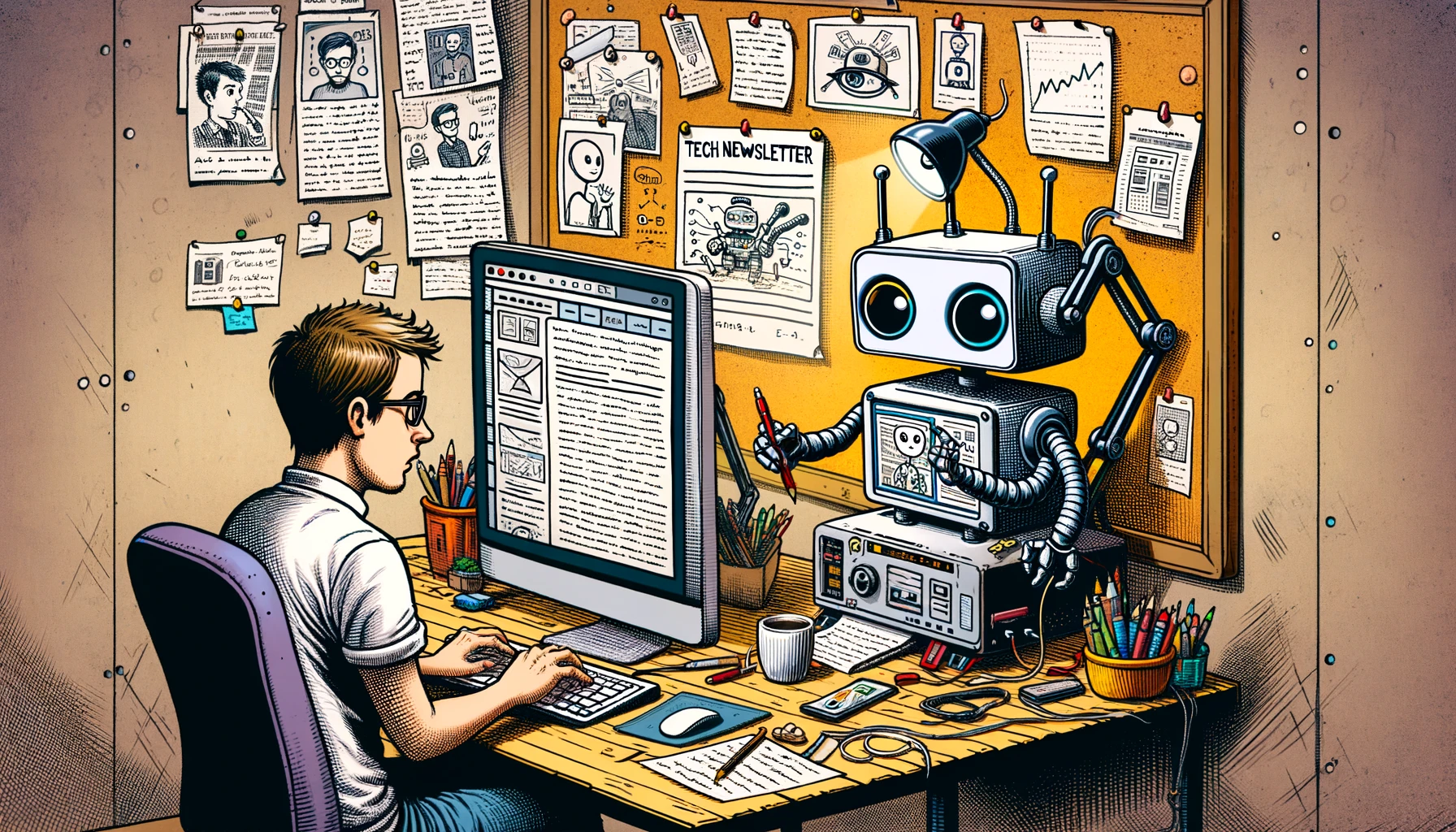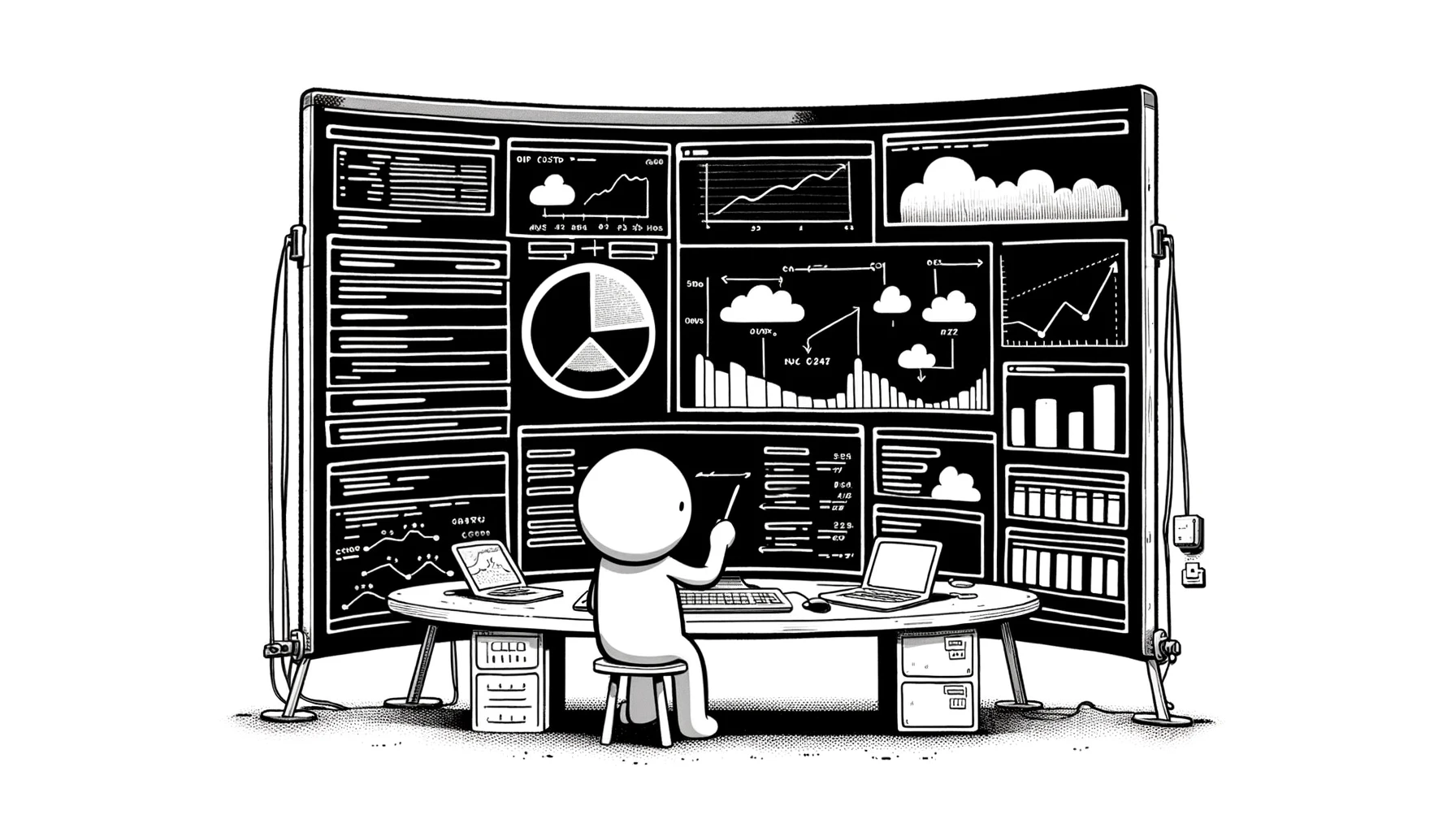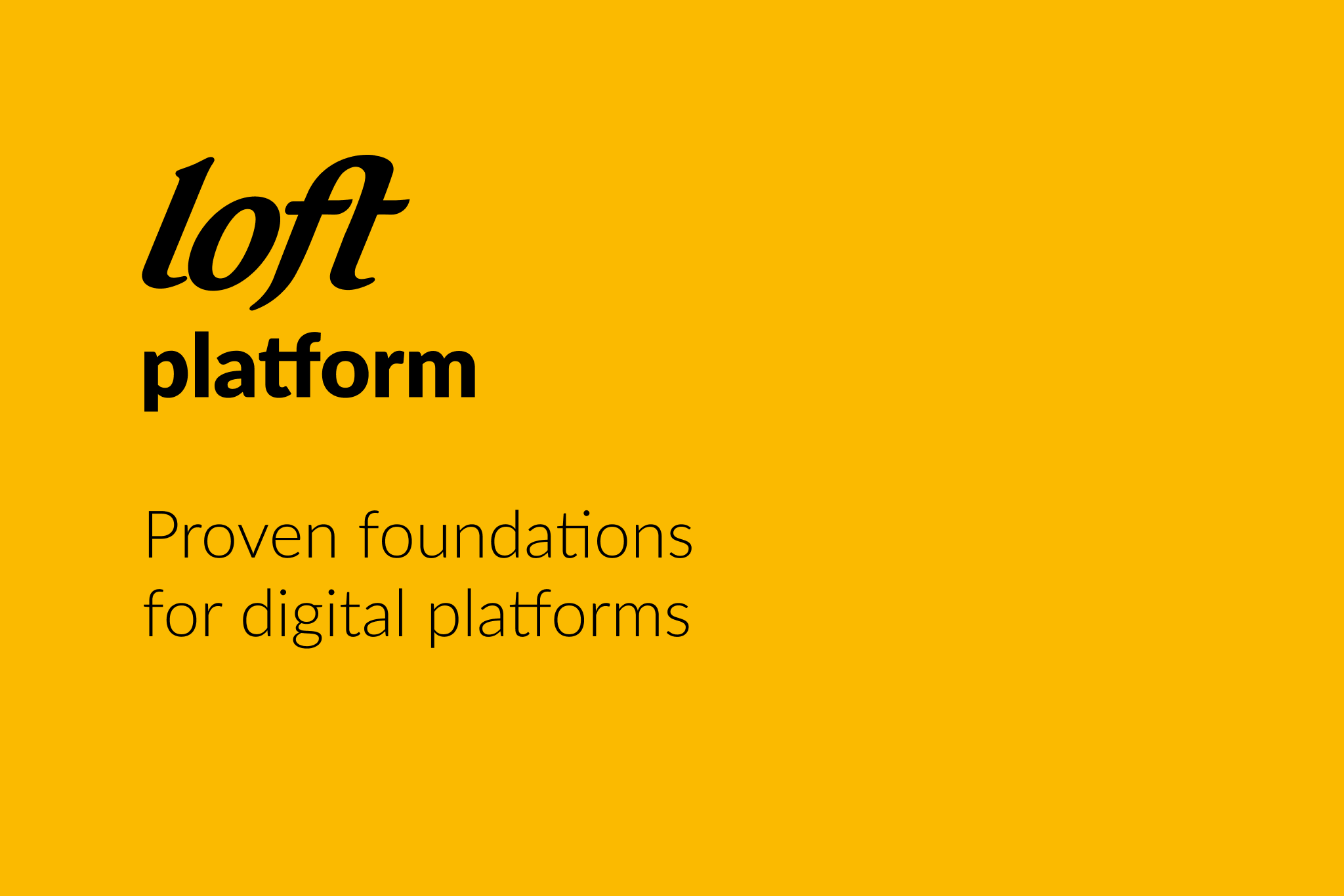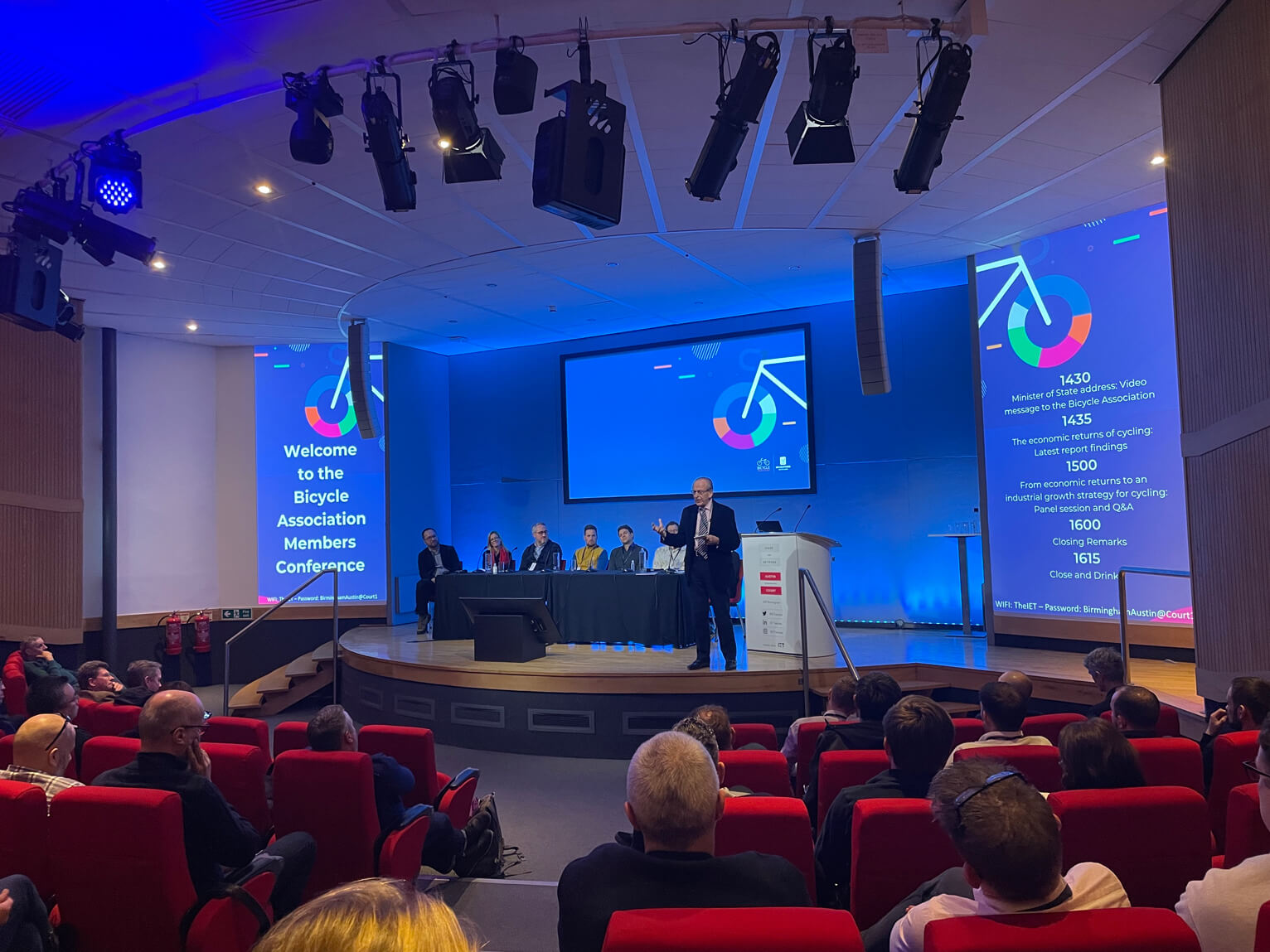Wow. 2020 was quite a year and lots of people will be glad to see the back of it. The loss of life and economic and political turmoil caused by the pandemic have made it the most difficult year of our generation. But crisis can also create the conditions, the imperative and the raw materials for a new cycle of business innovation.
Against this backdrop, what is changing in the world of technology? The Loft team have been thinking about the year ahead, and here are five trends we think will be important…
1. Now everyone’s an online business
In a year of lockdowns and social distancing, hundreds of thousands of organisations worldwide have been forced to find new ways of working. The efficiencies they have discovered through flexible and remote working are here to stay and new digital service models will drive another phase of global transformation and economic growth in 2021.
In 2020, many of these organisations became digital organisations, whether they realised it or not, of necessity as much as by choice. In 2021, this cohort will mature, buy new digital services, build new systems, collect more data, make further discoveries and become data-driven businesses.
2. AI and machine learning
Every year around this time, predictions are made about artificial intelligence and machine learning. However, with the transformation of working practices and the hyper growth of ecommerce, businesses will explore the potential of their data in 2021 and AI and machine learning will become more significant. At Loft we’re experimenting with and learning about these technologies. We have been working with clients to develop pipelines for building rich data assets – a foundation for effective machine learning capability – and building networks of AI leadership expertise in the UK and internationally. With such capabilities in place, we believe that organisations implementing AI into their business systems will quickly gain an immediate and widening advantage over their competitors.
With this will come questions of ethics, transparency, commercial and reputational risk as invisible algorithms influence our lives in uncertain ways – questions that will be especially complex given different cultural and commercial attitudes to privacy around the world. Society and tech will have to become much more conscious of these issues, and discuss them honestly, so that we don’t sleepwalk into another tech disaster scenario.
3. Transportation transformed
Using public transport became a no-no for many during the pandemic, and we wonder whether it will ever be the same again. The technology we have developed for Cyclescheme handled orders for hundreds of thousands of bikes in 2020, as people turned to safer, healthier and more environmentally friendly modes of transport. With so many working from home permanently or most of the time, public transport will struggle for revenue and services will suffer. Meanwhile, government investment in major transportation infrastructure projects such as HS2 will seem less relevant, while the £2bn going into new cycle and walkway infrastructure should have a larger proportionate impact for people in towns and cities. Watch as e-bikes and EVs come to the fore in 2021 alongside the good old bicycle. In 2020, we helped TfL and Cyclescheme by creating the platform for City Bike Hire, which gives people in London the ability to hire bikes as a tax-free employee benefit. We expect it to spread to other cities in 2021 alongside other new, digitally-driven sustainable transport schemes where data, automated transactions and AI will play a pivotal role.
4. 5G goes mainstream
After three or four years of hype, 2021 will see a growth in 5G infrastructure, handsets and connected devices. The predicted areas such as comms and personal entertainment will benefit, but 5G will also drive transformation in less obvious sectors. Insurtech may leapfrog traditional insurance models with on-demand or per-use car insurance, for example. Instead of a fixed annual premium, you’d pay a premium based on your mileage as tracked by a 5G device in your vehicle. The potential for 5G in digital healthcare will be phenomenal. In a step-up from fitness trackers, sensors with 5G connectivity will be able to monitor a whole range of vital signs in a patient helping clinicians respond to changes in symptoms while continuously collecting patient data. It will revolutionise rare disease research.
5. Security challenges
Working from home is the new normal, but it has reaped major rewards for cyber criminals. The UK’s National Cyber Security Centre (NCSC) recorded over 700 incidents in 2020 – a significant year-on-year increase – and 200 of these were directly related to the pandemic and our new ways of working. In 2021, dispersed working and the proliferation of connected devices will widen the attack surface for cyber criminals. Because IoT devices tend to be built by product vendors working to a cost point, they are generally optimised for functionality ahead of security. Our reliance on them requires a change in approach. There are certification schemes emerging for IoT devices ahead of new IoT legislation due next year and it may be worth considering only using products that conform to the certifications.
Although the pandemic has seen many businesses freeze or even cut their investment in security, they should be doing the opposite and implementing further layers of security that protect all levels of data, from that stored on user devices through to their platforms, data pipelines and cloud storage. Why not make a New Year’s resolution and assess your business according to the UK government’s Cyber Essentials scheme. For only a small outlay you could be protecting your business against over 70 per cent of the techniques commonly used by cyber criminals today.
What are your predictions for 2021, in tech and beyond? Let us know on Twitter – we’d be fascinated to know your thoughts.







